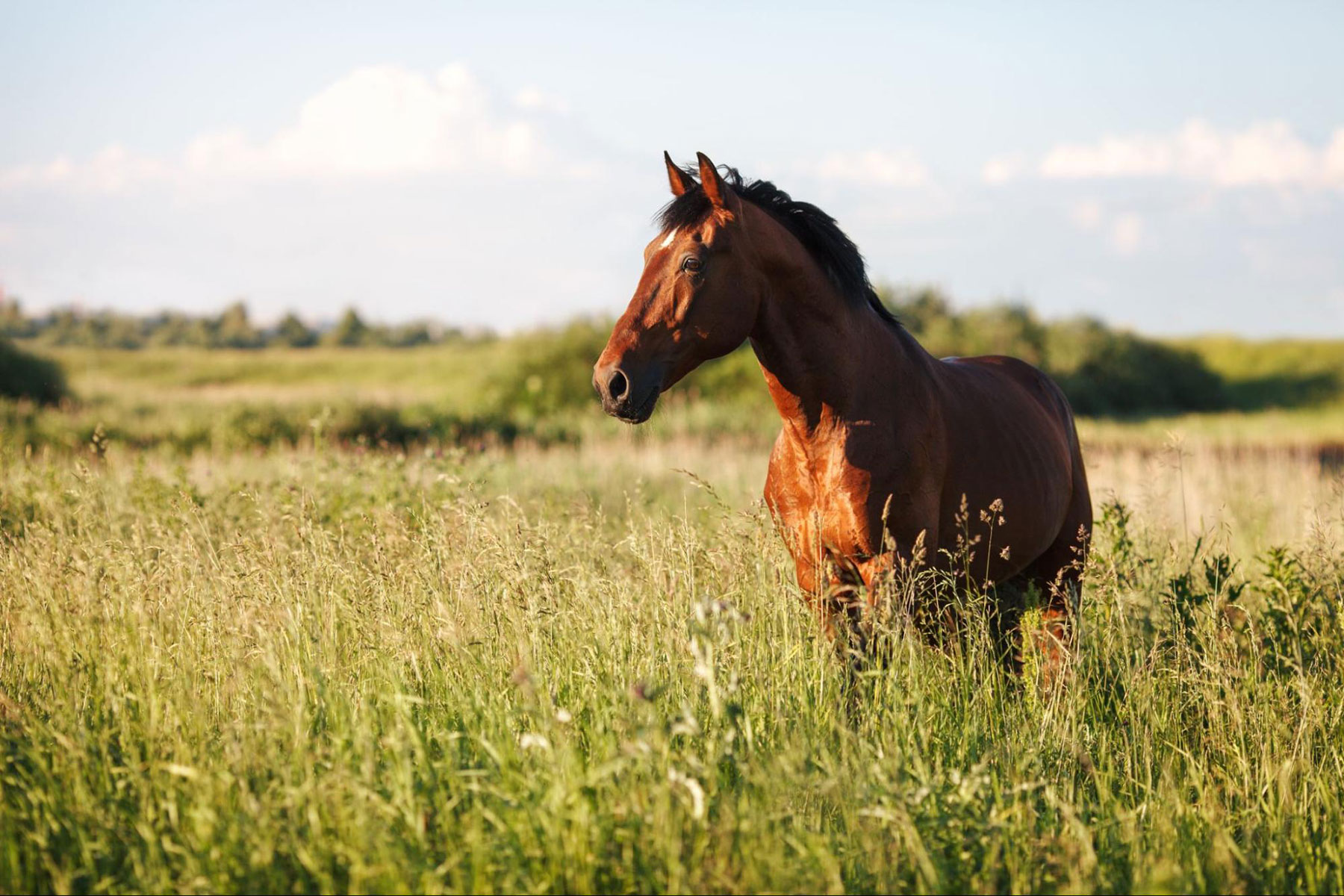Tying up, or recurrent exertional rhabdomyolysis, is a common condition that can significantly impact a horse’s health and performance. It involves muscle damage due to excessive exercise, improper diet, or metabolic disorders. Understanding the causes, recognizing the symptoms, and knowing how to treat tying up are crucial steps for every horse owner. This blog delves into these aspects, providing essential information to help you keep your horse in peak condition.
Causes of Tying Up in Horses
Tying up is often linked to a combination of factors. One of the primary causes is overexertion, particularly in horses that are not adequately conditioned or warmed up before strenuous activity. Horses that suddenly increase their exercise intensity or duration are more prone to tying up, as their muscles are not yet adapted to the new demands.
Another significant cause is an improper diet. Horses fed diets high in carbohydrates and low in electrolytes are at a greater risk of tying up. Carbohydrates, especially in large amounts, can accumulate lactic acid in the muscles, which can trigger muscle cramping and damage. Additionally, an imbalance of electrolytes can disrupt muscle function, making a horse more susceptible to this condition.
Genetic predisposition is also a factor. Some horses are genetically prone to developing recurrent exertional rhabdomyolysis (RER) or polysaccharide storage myopathy (PSSM), conditions that make them more likely to tie up, even with moderate exercise. Understanding your horse’s genetic background and working closely with an equine veterinarian can help mitigate the risks.
Recognizing the Symptoms of Tying Up
The symptoms of tying up can vary in severity, but they often start with a horse showing signs of muscle stiffness and reluctance to move. You might notice your horse sweating excessively, even after a light workout, or displaying an anxious or distressed demeanor. In more severe cases, the horse may refuse to move altogether, with muscles appearing hard and painful to the touch.
Other common symptoms include dark, coffee-colored urine, which indicates muscle breakdown and the release of myoglobin into the bloodstream. If left untreated, this can lead to kidney damage, making it essential to seek immediate veterinary care if you observe this sign.
Early recognition of these symptoms is critical. The sooner you can identify the issue, the better the outcome will be for your horse. Regularly monitoring your horse’s behavior and physical condition, especially during and after exercise, or after prolonged stall rest can help you catch these signs early.
Treatment Options for Tying Up
If you suspect your horse is tying up, the first step is to stop any further exercise and allow the horse to rest. Immediate care should include cooling down the horse with cold water (during summer ) or place a blanket over horse’s hindquarters (during winter) and providing them with fluids, either orally or intravenously, to help flush out toxins and rehydrate the muscles. Electrolyte supplementation can also be beneficial in restoring the balance of salts in the horse’s body.
Veterinary intervention is often necessary, particularly in severe cases. An equine veterinarian may prescribe anti-inflammatory medications or muscle relaxants to ease the horse’s discomfort. In these instances, blood tests are required to assess the extent of muscle damage and to monitor the horse’s recovery.
Acupuncture can be used as an auxiliary treatment to help alleviate muscle soreness and shorten time of recovery.
Long-term management of horses prone to tying up involves dietary adjustments, exercise modifications, and, in some cases, genetic testing. Reducing carbohydrate intake and ensuring a diet rich in fats and fiber can help minimize the risk. Regular, moderate exercise that gradually increases in intensity will also help prevent future episodes.
Stay Aware with Signature Equine Hospital
Tying up is a condition that requires prompt attention and careful management. Understanding the causes, recognizing the symptoms, and providing appropriate treatment can help your horse recover and reduce the likelihood of recurrence. Always consult an equine vet if you suspect your horse is tying up, as timely intervention is crucial for the horse’s well-being.
If you’re concerned about tying up or other equine health issues, don’t hesitate to contact Signature Equine Hospital or your local equine veterinarian. Professional guidance is essential in keeping your horse healthy, happy, and performing at their best.
